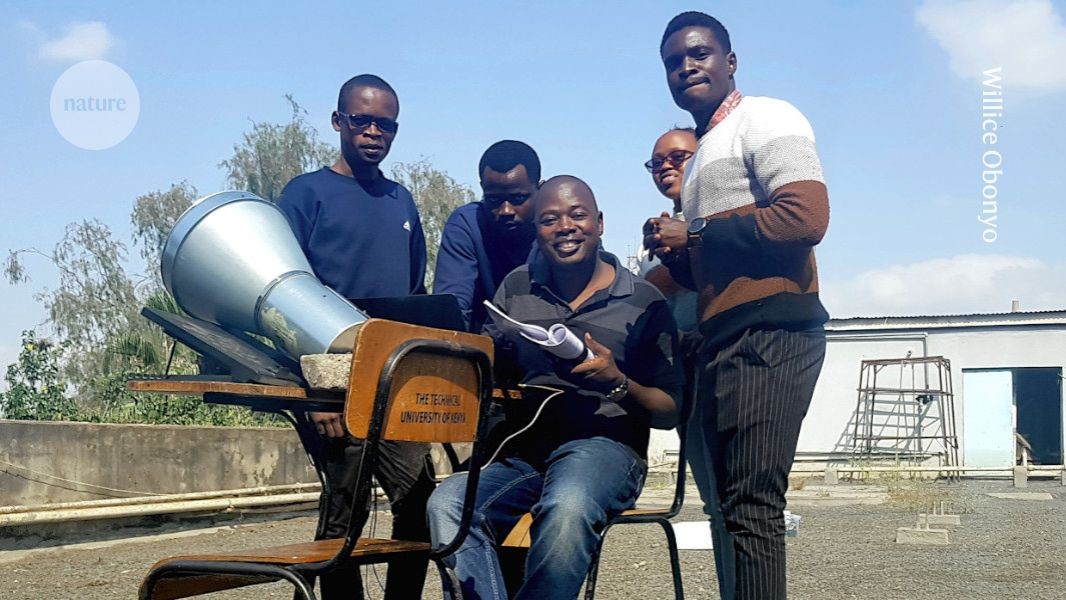
"I had always loved space. At school, at about age 12, we were told about constellations and stars, but I didn't know someone could pursue it as a career."
"Even when I went to university, there was no option to study astronomy, let alone radioastronomy, which uses radio waves to observe parts of the Universe that are invisible to the naked eye."
"Now, the Square Kilometre Array (SKA) is under construction. It will have more than 100,000 tree-like antennas in Australia and almost 200 dish antennas in South Africa."
"The government-funded human-capital development programme has created 5 research-chair positions and over 1,370 scholarships for studies in radioastronomy."
In 2005, South Africa proposed to host the Square Kilometre Array (SKA), having just five radioastronomers. Since then, a targeted human-capital development initiative has been pursued, creating research positions and scholarships that transformed the landscape of radioastronomy across Africa. Now, hundreds of radioastronomers and students actively contribute to this field, with the SKA under construction involving numerous antennas in South Africa and Australia. Experts like Willice Obonyo emphasize the need for practical training, reflecting a growing recognition of astronomy as a viable career choice for African youths.
Read at Nature
Unable to calculate read time
Collection
[
|
...
]